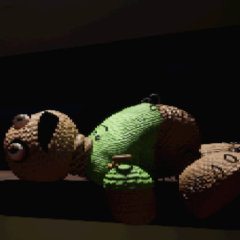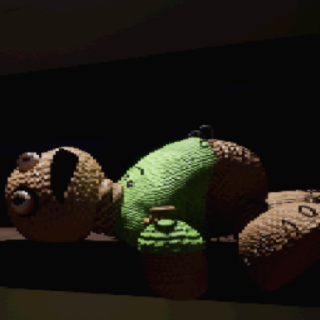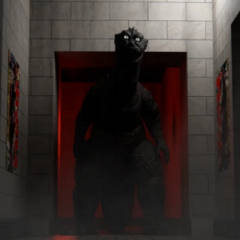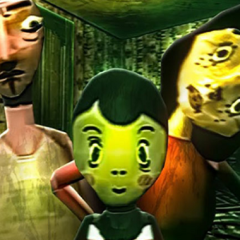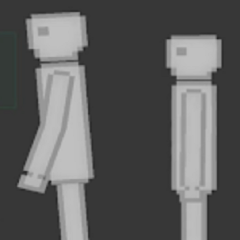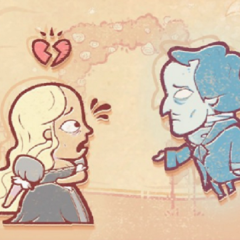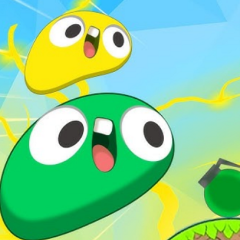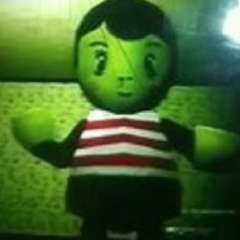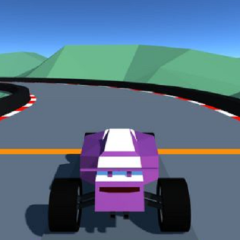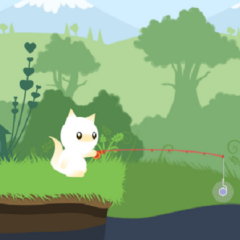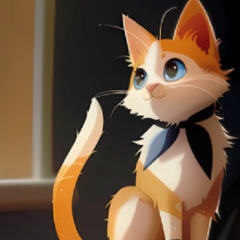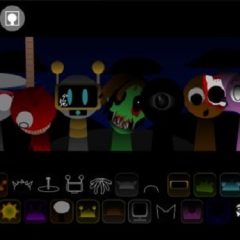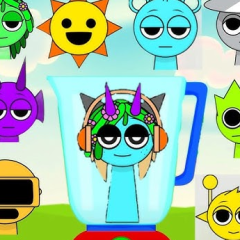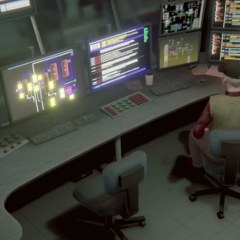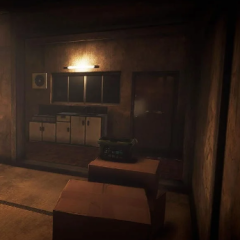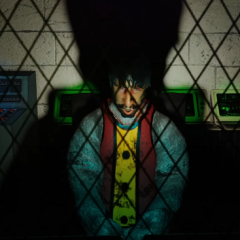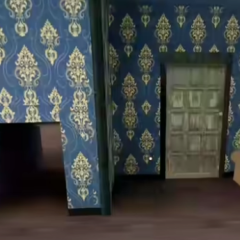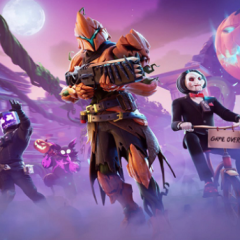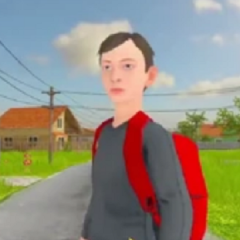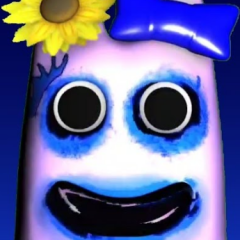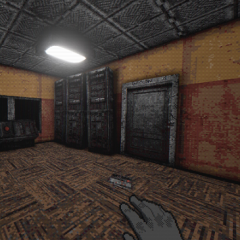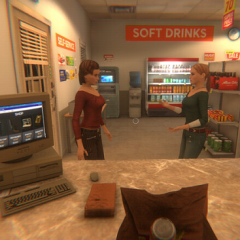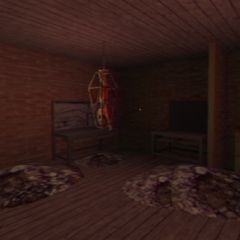My Buddy is a short horror game built around the sudden arrival of an unsettling figure. The experience begins with a routine day, interrupted by a knock that introduces the player to the buddy. From that moment, the game shifts into a balance of exploration and decision-making, where the presence of the buddy defines how events unfold. The ordinary space of the house becomes unpredictable, with every interaction carrying potential consequences.
Mechanics and approach
The gameplay mechanics are minimal but purposeful. Movement is handled with familiar keys, crouching and sprinting allow changes in speed and noise level, and a flashlight is used to navigate darker areas. Interacting with objects triggers progression, whether through collecting items or altering the environment. The buddy reacts to choices, meaning the same mechanics can lead to different results depending on how they are applied.
Core tasks for the player
During each run of My Buddy, the player engages in a set of recurring actions:
· Searching through the house for items and clues
· Using the flashlight to uncover details in shadowed areas
· Managing encounters with the buddy based on its behavior
· Making decisions that directly affect the story outcome
· Exploring multiple paths that branch into different endings
These responsibilities turn a short play session into a sequence of tense decisions that shape the conclusion.
Storytelling and endings
The narrative is delivered through actions rather than dialogue. The buddy is less a character with backstory and more a presence that reflects the player’s choices. Different endings emerge depending on whether the buddy is ignored, discarded, or confronted. Each ending reinforces the idea that the buddy symbolizes something to be dealt with, and the player determines how that resolution looks.
Replay and long-term value
Even though My Buddy can be completed in a few minutes, its design encourages replay. Players return to experiment with alternate decisions, uncover hidden outcomes, and see how small changes affect progression. The unpredictability of the buddy’s presence keeps tension alive across multiple playthroughs. As a result, the game maintains appeal beyond a single session, providing value through variation rather than length

